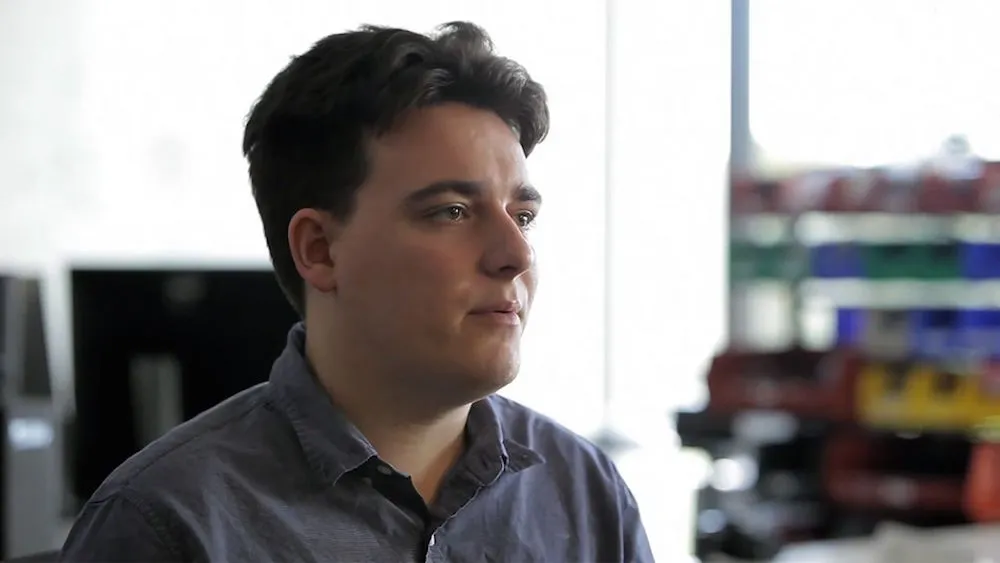He may not be a part of Oculus anymore, but Palmer Luckey is still looking to solve VR sickness, and he may have a solution right around the corner.
Last week Luckey took to Twitter to make five predictions about technology in the next five years. Only his first referred to VR, predicting a “solution for vestibulo-oculular [sic] mismatch in virtual reality” will be widely available by then. That’s a fancy way of describing the sickness some of us begin to feel in VR when the world we’re seeing in our headsets doesn’t match up with the sensations our body feels as we move through it. It’s one of the biggest challenges facing VR at this time.
Next five years:
1) Universal solution for vestibulo-oculular mismatch in virtual reality
2) Superhuman sensory perception/reaction for a handful of people
3) Predictive analytics indistinguishable from time travel in some cases
4) VTOL air taxis
5) 0 to 60 in 0.8 seconds
— Palmer Luckey (@PalmerLuckey) August 21, 2018
In fact, Luckey is working on such a solution himself, as he revealed later on. The Oculus Rift creator intends to open-source his design, which consists of both hardware and software, by the end of the year.
Hardware and software. I am aiming to open-source the design later this year. Not aware of anyone else working on this branch of the problem.
— Palmer Luckey (@PalmerLuckey) August 22, 2018
He also hinted that his solution won’t be a VR treadmill.
I am pretty sure. Treadmills can solve mismatch pretty well if they are large enough, but are not a universal solution (cockpit games, 3rd person, etc)
— Palmer Luckey (@PalmerLuckey) August 22, 2018
Luckey didn’t offer any other information about his solution, but we’ll be interested to see it for sure. The Rift creator has kept a foot in the VR industry since he parted ways with Oculus last year following claims that he had funded a political smear campaign. He’s since founded a defensive technology company called Anduril.


























